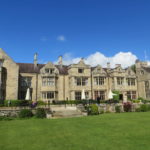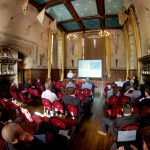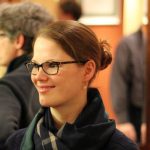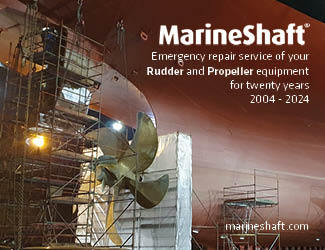New trends were discussed at the 13th International Conference on Computer and IT Applications in the Maritime Industries (COMPIT) in mid-May
The event, which was organised by the classification society DNV GL, took place in the Redworth Hall Hotel near Darlington[ds_preview]/UK. This beautiful Jacobean manor house dates back to 1693 and is situated in 150 acres of stunning woodland. Although featuring a historical atmosphere, the topics discussed at Redworth Hall were absolutely up-to-date. They ranged from geometry models, numerical towing tank, layout and systems designs to product lifecycle management, maritime robotics, virtual and augmented reality as well as autonomous shipping, energy efficiency and voyage planning. Around 95 delegates from all over the world intensively discussed current trends and innovative IT applications in the maritime industries during this three-day event.
Energy systems performance attracted special attention, amongst other topics, Nowadays, performance insight simulations help to make bottlenecks and inefficiencies in on-board energy systems transparent. After hull and propeller, the focus is also on the main energy converters and on-board consumers – both for design and ships in operation. ABB, Wärtsilä ,Tecnitas and FSG Shipyard, e.g., presented solutions to enhance the energy systems performance.
Augmented reality (AR) is also on the rise – in shipbuilding and retrofitting as well as in ship operations. »AR means enhancing a real environment with virtual content: aural, olfactory, haptic or visual. Three criteria need to be fulfilled,« Philipp Halata from Technical University Hamburg-Harburg summed up: »To combine reality with virtuality, to be interactive in real time, and to be displayed in 3D.« Halata presented an AR tool that shall support information gathering in one-of-a-kind production. To display this information he used a tablet PC. Being asked about Google Glass, Halata said this new device would lack computer power so far and that its angle is not wide enough for the purpose of production support.
Another highlight was the MUNIN research project, which stands for »Maritime Unmanned Navigation through Intelligence in Networks«. The consortium consists of eight partners with both scientific and industrial background. Thomas Porathe from Chalmers University outlined the MUNIN Shore Control Centre, while Laura Walther from Fraunhofer CML focussed on autonomous navigation with regards to weather and Harald Rødseth from Marintek presented ideas on maintenance management for unmanned shipping.
While there obviously is still a lot of scepticism about this »holy grail of ship automation«, as conference chairman Volker Bertram from DNV GL paraphrased the unmanned ship, the project partners stated to have received positive response from ship operators, especially in the dry bulk sector. Tanker operators, however, were reluctant due to safety issues.
The next COMPIT will be held from 11–13 May 2015 at Ulrichshusen Castle between Berlin and Rostock.
nis
























